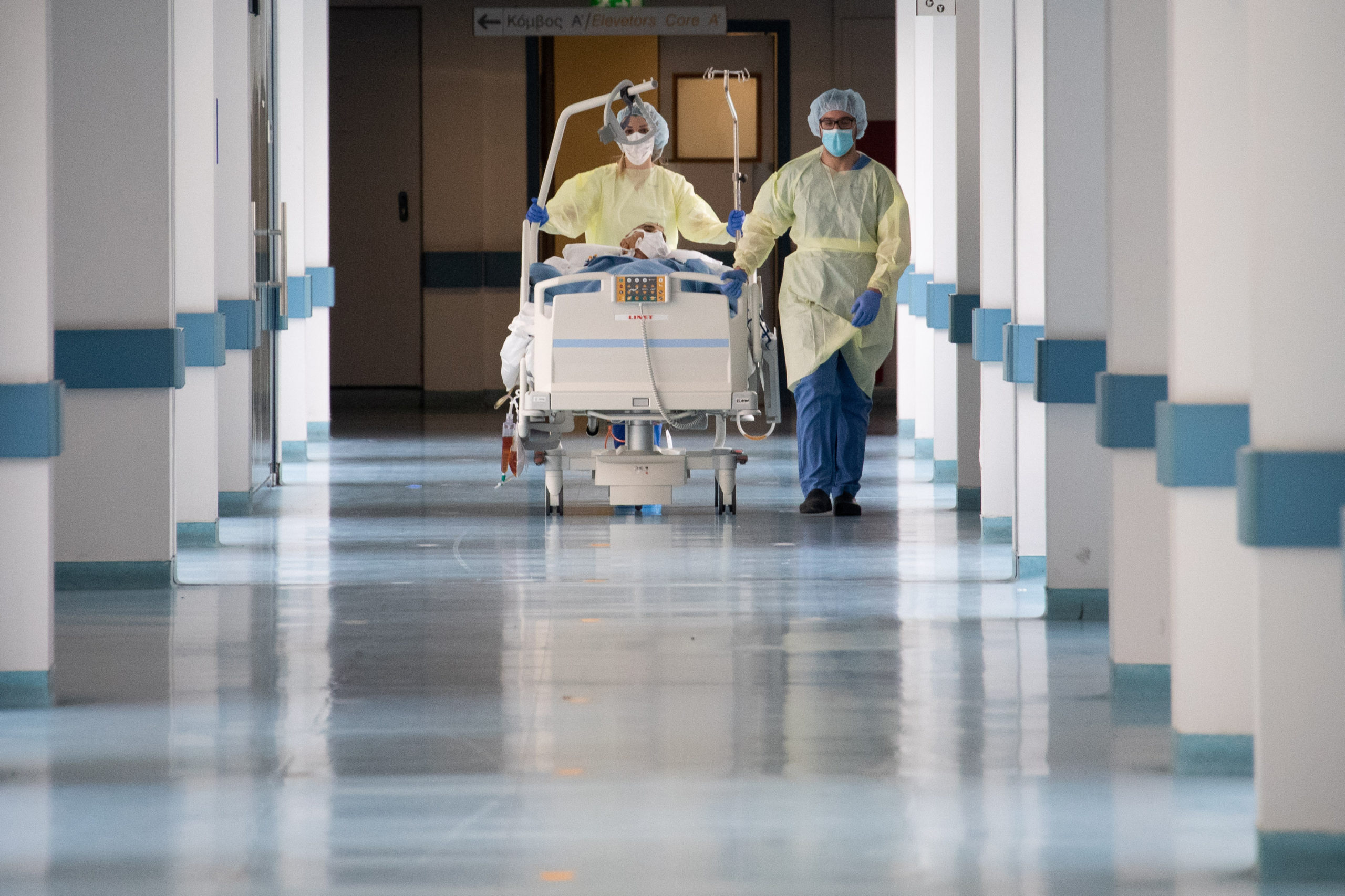Cyprus saw a marginal rise in new coronavirus cases on Tuesday, with the health ministry announcing 128 SARS-CoV-2 infections, raising the total to date to 31,124.
Reflecting a steady but slow improvement in the epidemiological situation, the authorities also said there were no deaths of COVID-19 patients, after three had died on Monday.
The death toll since the pandemic started remains at 202, of which December and January accounted for 76 deaths each, the worst months to date. Of these, 136 were men (67%) and 66 women, for an average age of 79 years.
The ministry said that 121 patients are being treated at state hospitals, of whom 40 are critical. This, too, saw an improvement with Monday recording 129 and 43, respectively.
Just as on Sunday and Monday, near-record numbers of tests were held throughout the country as lockdown restrictions are eased and more people return to work.
Lifting the ‘Lockdown II’ measures imposed on January 10, all private and public enterprises welcoming their staff back must ensure that 20% of the workforce have been tested and secure a negative rapid test result.
As of Monday, February 8, most schools will also reopen, as will the retail sector, with an estimated 80,000 workers expected at back.
In all, 27,085 tests were conducted on Tuesday, of which 1,609 were PCR molecular tests and 25,746 antigen rapid tests.
These were similar to the 27,248 PCR and antigen rapid tests on Monday, and Sunday’s record 28,364.
Tuesday’s tests traced 29 new SARS-CoV-2 cases from contacts of earlier infections, while 78 were diagnosed through rapid tests, where results are confirmed within 20-30 minutes.
Limassol remains firmly in the lead with new infections, with 48 positive test results, followed by Nicosia with 21, Larnaca with 5 and 2 in Paphos. No new cases were reported in Famagusta district.
The health ministry also said that 317 samples taken from passengers arriving at Larnaca dn Paphos airports all tested negative.
Airport screening for South African strain
Meanwhile, health experts are advising the government to step up screenings at airports, concerned over the possibility of the virulent South African strain of coronavirus entering Cyprus.
Dr Peter Karayiannis, Professor of Virology at the University of Nicosia Medical School and advisor to the government, said although there are no direct travel links with South Africa, authorities must be on their toes as passengers carrying the new strain could come from anywhere.
Random testing is conducted at airports while most arrivals need a negative COVID-19 test to enter and a quarantine regime is in place for passengers from the UK, placing them in local hotels for seven days.
Karayiannis argued that screening at the airports is crucial, as the variant could find its way in from any other country.
The South African variant contains a mutation known as N501Y which, like the new UK variant, is believed to make the virus more contagious than older variants.
It also contains other mutations of concern, including E484K and K417N.
As with the original version, the risk is highest for people who are elderly or have significant underlying health conditions.
But there are concerns it can spread more readily and vaccines may not work quite as well against it.
Karayiannis explained that the South African strain is somewhat different from the strain in the U.K.
One of the reasons why scientists are particularly concerned over the South African strain is that they know far less about it than the UK variant.
Asked whether the South African variant was more deadly, Karayiannis said this has yet to be determined, but it does not appear to be the case.
On how widespread the UK variant is in Cyprus, Karayiannis said that transmission seems to have been contained as just one case appeared in the 25 samples analysed from those who acquired COVID-19 locally.
Commenting on coronavirus cases dropping and stabilising at around 100, Karayiannis said that scientists hope to see numbers drop even further.










